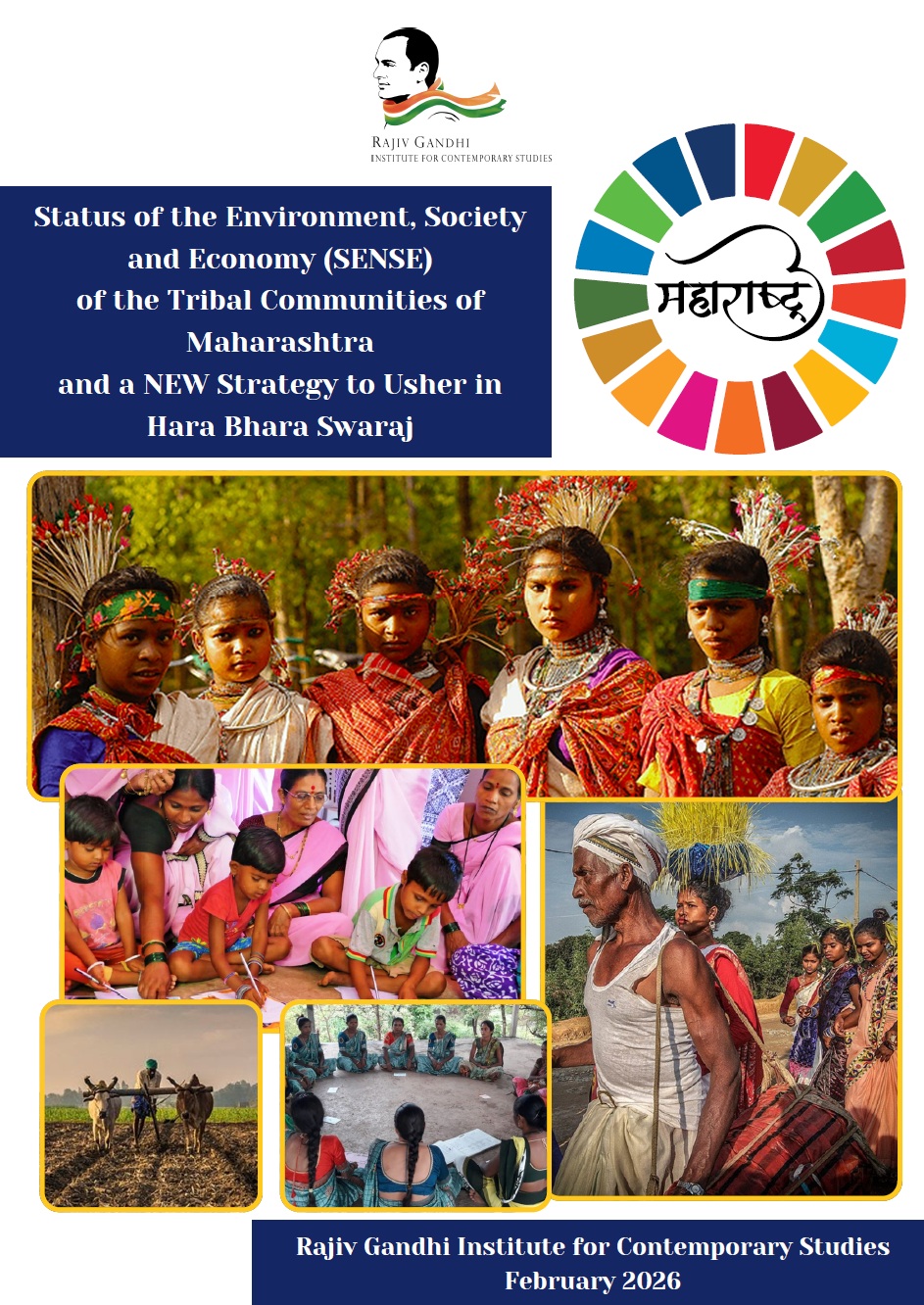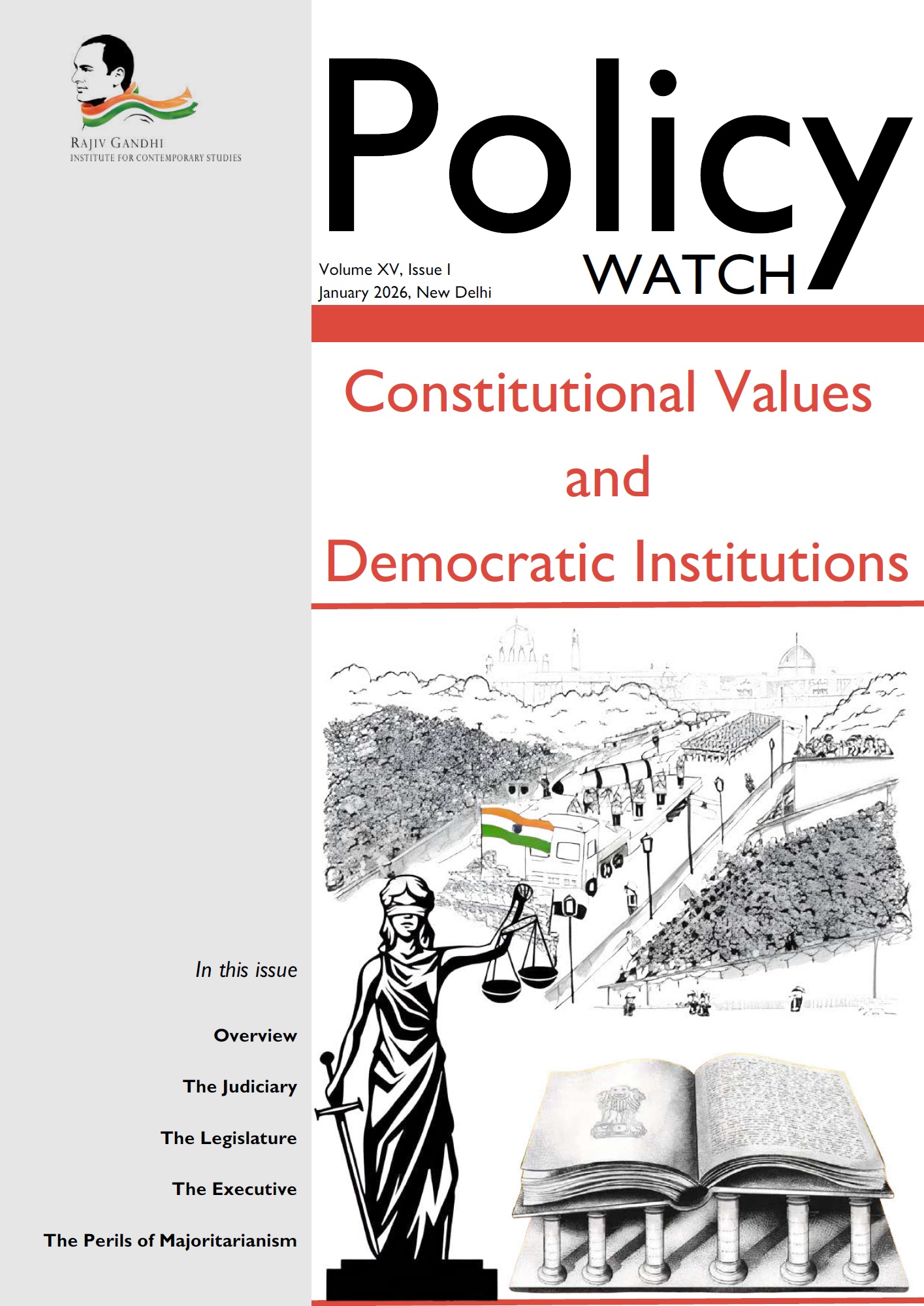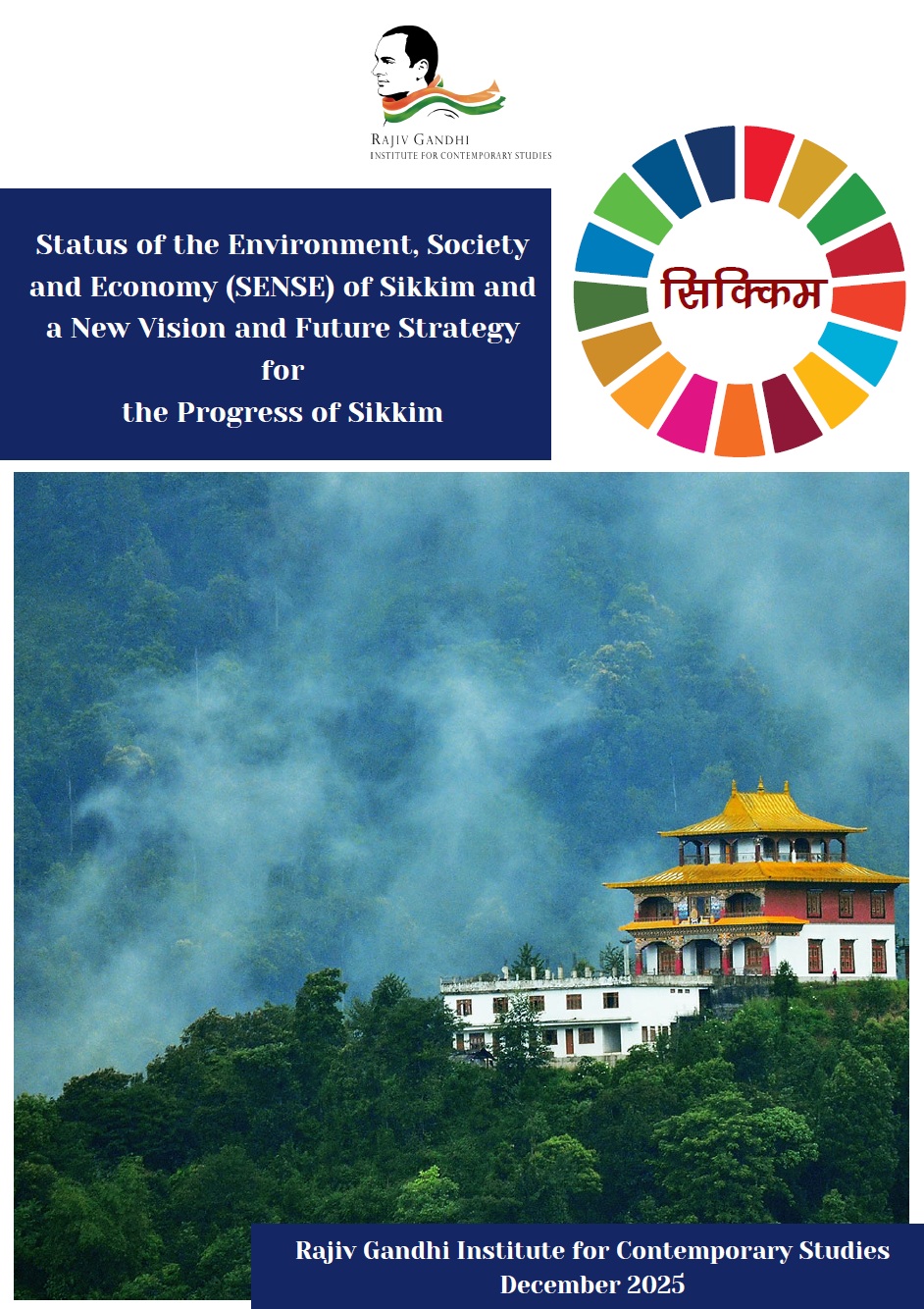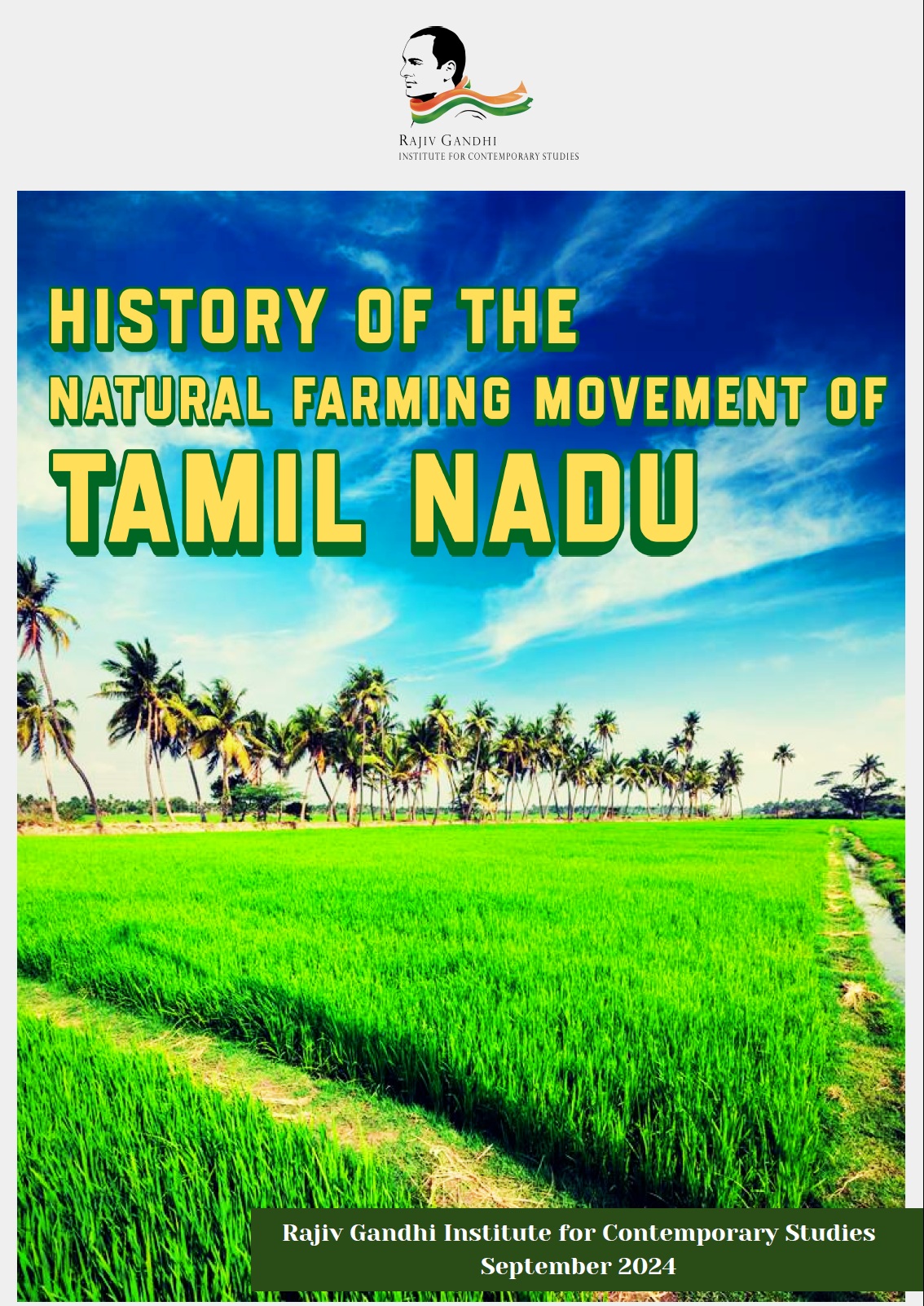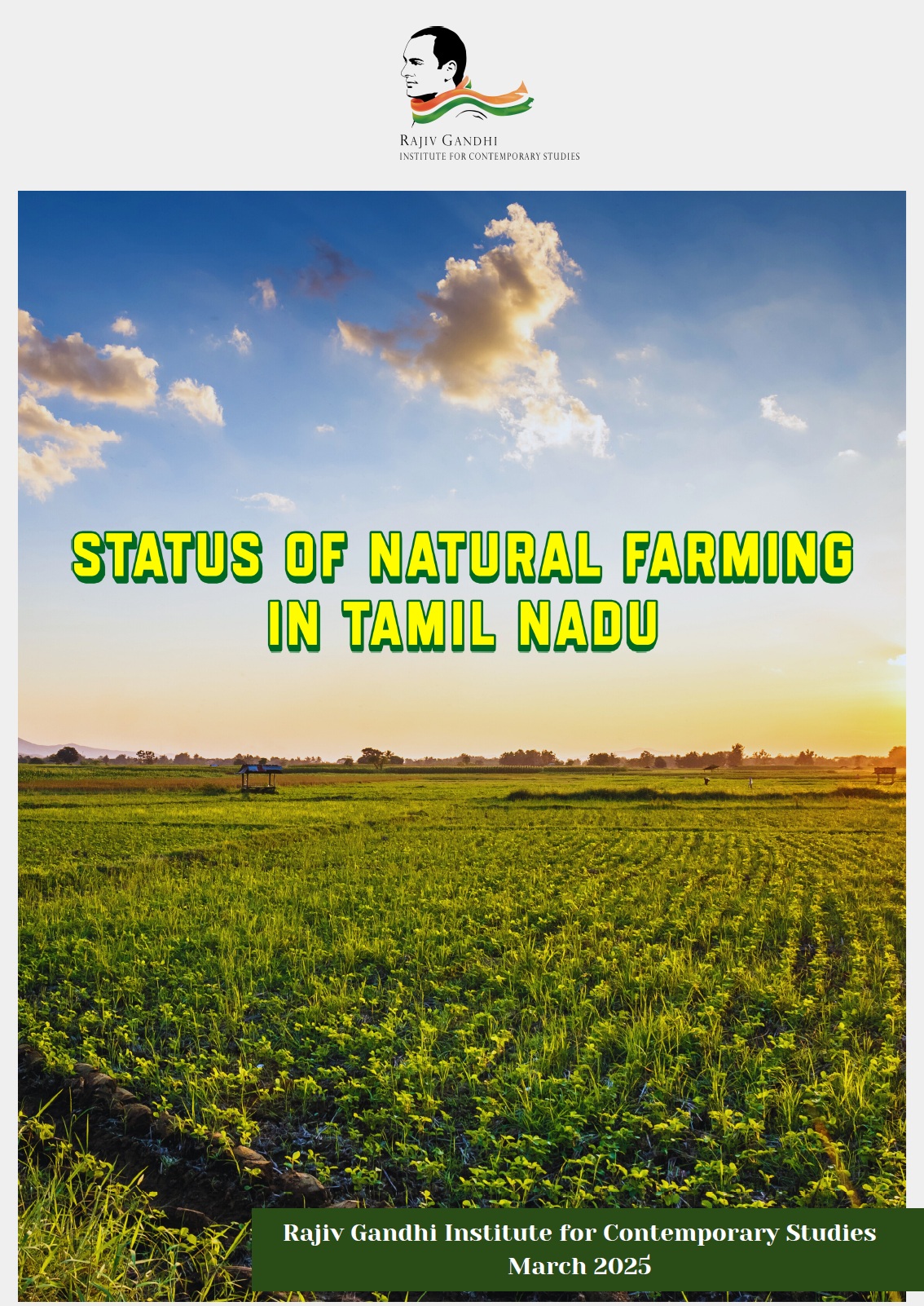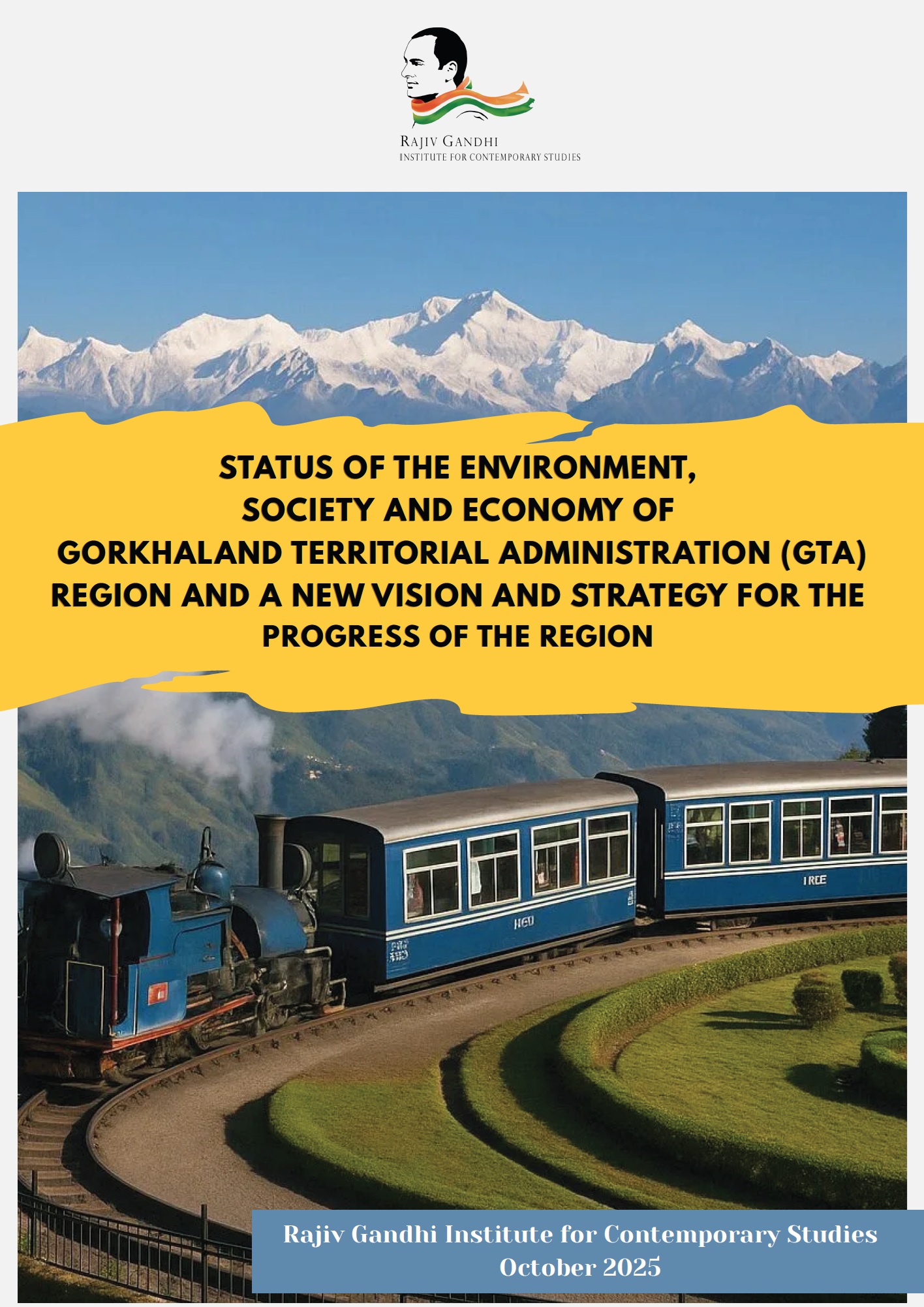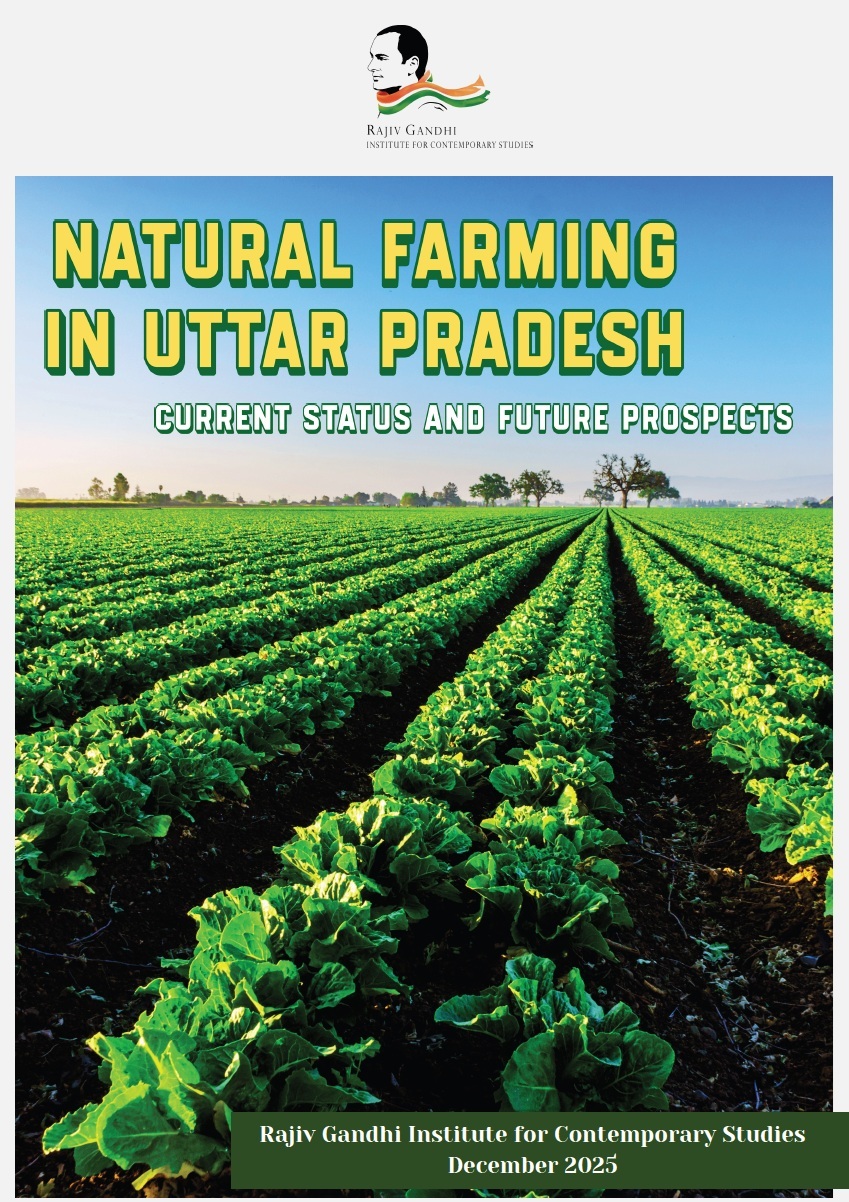Groundwater is a crucial resource for Madhya Pradesh, supporting both agriculture and daily water needs. However, excessive extraction, lack of regulation, and fluoride contamination are creating a growing crisis. With 80% of the state’s land covered by hard rock formations, groundwater availability varies widely. While government policies exist, enforcement is weak, and unregulated use continues. Despite these challenges, community-led initiatives such as rainwater harvesting and participatory management have proven effective in improving groundwater sustainability.
Madhya Pradesh has become increasingly dependent on groundwater, but poor management has led to depletion and contamination. The widespread shift from canal irrigation to borewells has overburdened groundwater sources, leading to declining water levels. At the same time, fluoride contamination, particularly in districts like Dhar, has made water unsafe for consumption, causing severe health issues. Although the Central Ground Water Board (CGWB) monitors water levels, the lack of comprehensive, region-specific data makes informed decision-making difficult.
Existing policies, such as the Madhya Pradesh Irrigation Act (1931) and the State Water Policy (2003), provide a framework for groundwater management, but their implementation remains weak. Without strict regulations, excessive groundwater extraction continues, worsening the crisis.
However, community-driven solutions offer hope. In Dhar, the People’s Science Institute (PSI) successfully helped villagers mitigate fluoride contamination by shifting from borewells to safer well water. Meanwhile, in Khandwa, the Aga Khan Rural Support Program (AKRSP) promoted rooftop rainwater harvesting, effectively recharging groundwater.
The report recommends eight key strategies for sustainable groundwater management, including community participation, balancing supply and demand, enhancing recharge, and rationalizing water pricing. By combining stronger governance with local solutions, Madhya Pradesh can work toward a future where groundwater remains a sustainable and accessible resource for all.
Keywords: Groundwater, Hydrogeology, Aquifers, Irrigation, Recharge, Fluorosis, Rainwater Harvesting, Sustainability, Dhar, Khandwa, Madhya Pradesh, Borewells
Groundwater Management in India: Madhya Pradesh State Report
Send download link to:


